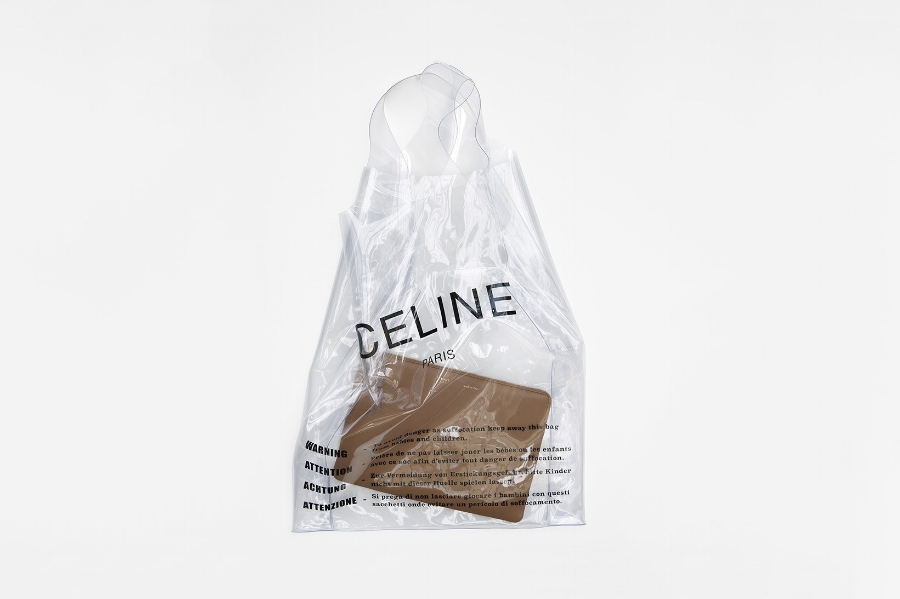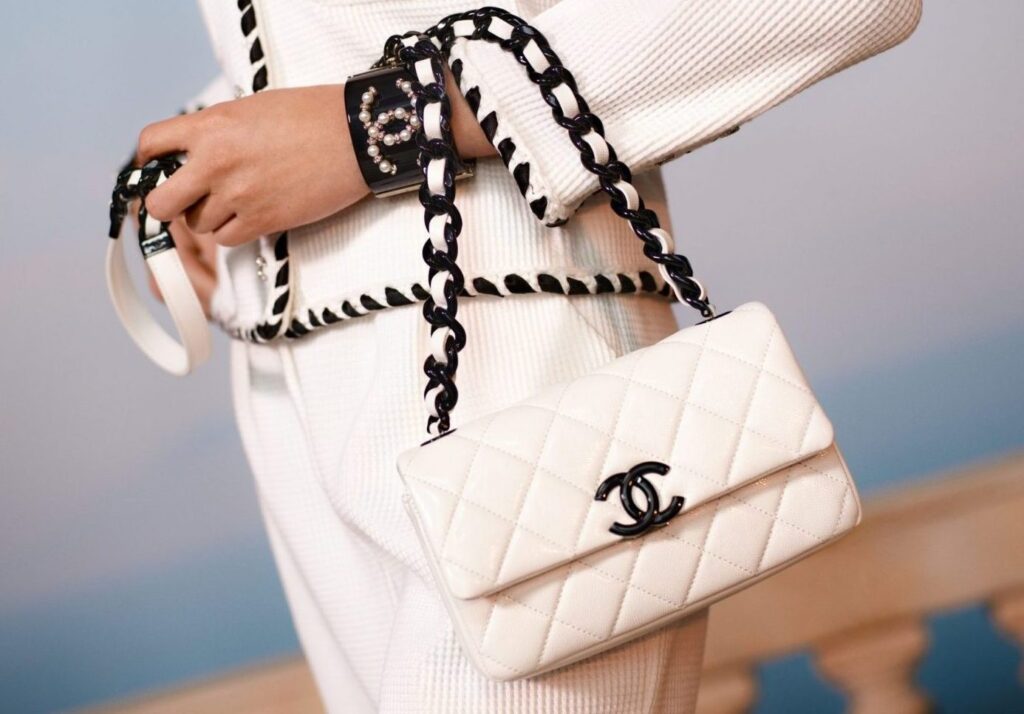
image: Céline
Do not sell openly on the internet. This is one of the tenets that true luxury brands have long lived by. This unwritten rule got its roots in the mid-1970’s (long before the advent of e-commerce), when Louis Vuitton, along with a group of famed European luxury brands, decided to tap into the resurging globalization of the post-World War I and World War II economy to grow significantly beyond the pool of their existing customers. In order to do so, they implemented a new marketing strategy, one that would enable them to expand their consumer base but also allow them to remain firmly within the luxury sector.
That strategy – which was developed, at least in part, by former Louis Vuitton CEO Vincent Bastien, and titled, the “Luxury Strategy” – has since been layout out in Bastien’s book, 24 Anti-Laws of Marketing. The final rule on that list: “Do not sell openly on the Internet.”
Sure, there are exceptions, such as for entry-level products, but in Bastien’s view, “Luxury purchase needs time and effort to be deserved … one-to-one relationships with the salespeople and not with a machine, feeling of belonging to a ‘club’ of selected people and not being part of an anonymous crowd.”
Given that Bastien’s strategy was formulated for and implemented by Louis Vuitton nearly 50 years ago, it was long before Céline would fall under the Paris-based conglomerate’s umbrella. (Céline was not integrated into the LVMH group until 1996). Nonetheless, it seems that the brand’s most recent creative director Phoebe Philo was very much of the same mindset.
During her tenure at Céline, which began in 2008, Philo was known for helping to take the Paris-based brand from a quiet label to a highly in-demand source for garments and accessories, including unfussy, minimally chic (and very expensive) clothing and utterly coveted handbags.
Philo was also known for her distaste for all things digital. As she famously said some years ago, “The chicest thing is when you don’t exist on Google.” Paired with her well-known stance that interviews are “unnecessary” and that “everything I’ve got to say is in the product,” it would only be fitting that Philo saw no real need to make Céline widely available on the web. Following from that was Céline’s lack of an Instagram account and e-commerce website.
It was a wild incongruity in fashion in 2018, when even Hermès, one of fashion’s most stalwart luxury labels, operates in an e-commerce capacity. It was also a testament to Philo’s uncompromising cool and her followers’ willingness to jump through hoops (i.e., go to a Céline brick-and-mortar store) to get their hands on her wares.
But as announced in December, Philo is leaving the Paris-based brand, and change is afoot. After holding out for years, while other brands were tirelessly working to adopt an array of digitally-focused marketing and sales tactics, Céline recently, under the direction of new CEO Séverine Merle (who, as of April 2017, replaced Marco Gobbetti now serves as the CEO of Burberry), adopted an array of new measures, including the launch of an e-commerce site (the first shoppable website for the brand, which currently only boasts e-commerce for French consumers) and an Instagram presence.
In something of an ironic move given Philo’s distaste for digital, LVMH is taking Céline online. But Céline is not “finally embracing the 21st century” (as the Observer put it) just anywhere. A capsule collection – which consists of “five essential pieces includes a merino wool sweater, a pleated white skirt, baby blue lambskin heeled loafers, a tote bag in the exclusive hue of burgundy and a pair of silver antique-inspired hoops” all inspired by Philo’s final runway outing, Céline’s Spring/Summer 2018 runway show – is being made available on LVMH’s own e-commerce site, 24 Sèvres, of course.
In June, the French luxury goods conglomerate launched the digital platform to host all of its brands and others’ offerings, as it steps up efforts to capitalize on the luxury and fashion sectors’ online sales boom to which very few brands are proving immune.
As for whether the move to bring Céline online is LVMH’s way of declaring the “Luxury Strategy” dead in 2018, it does not seem so. The Bernard Arnault-owned group is still upholding an array of the tenets. For instance, “Make it difficult for clients to buy,” comes to mind in regards to Louis Vuitton’s recent collaboration with Supreme, which was virtually impossible for anyone other than celebrities, influencers, and the most dedicated hypebeasts get their hands on. “Raise your prices as time goes on, in order to increase demand,” is still in play for many of the group’s brands. And if we consider the group’s ever-expanding arts initiatives, the “Cultivate closeness to the arts” tenets, is still in use, as well.
It appears that LVMH is simply not willing to lose ground online, where sales of luxury goods are expected to triple in the next 10 years, and by 2025 reach 18 percent. That does not mean, however, that it is going all in just yet.













